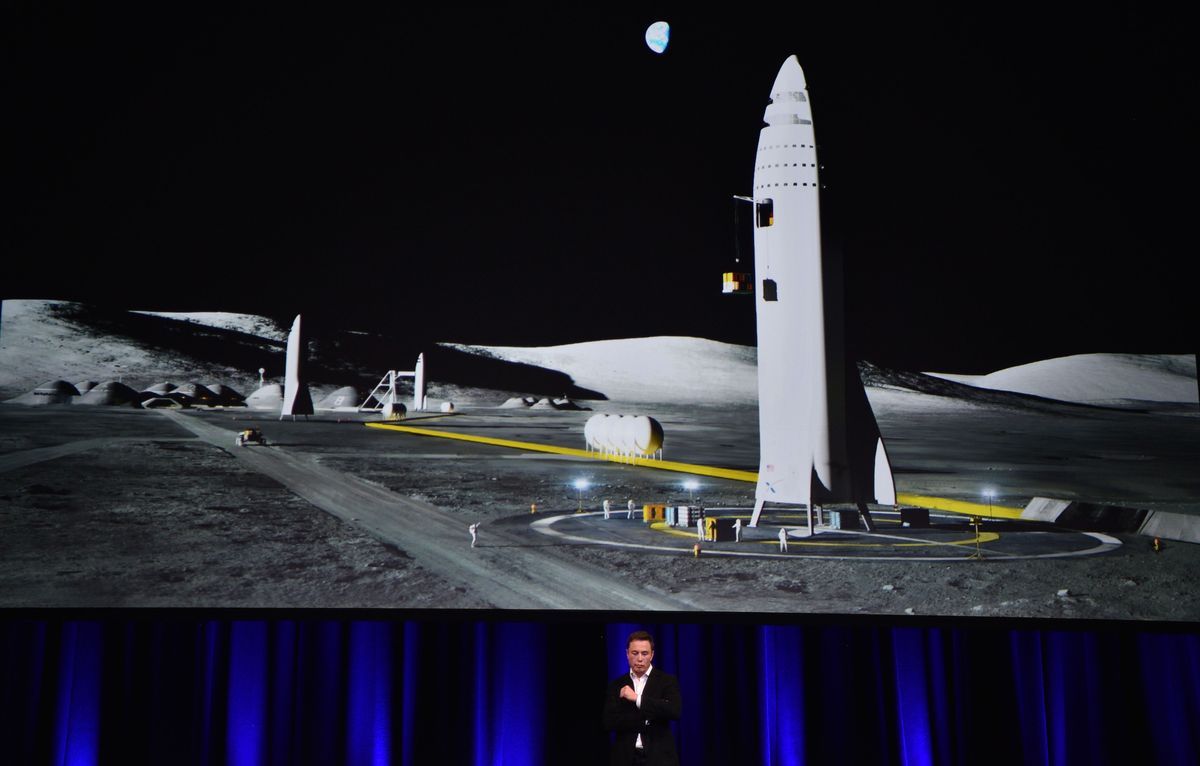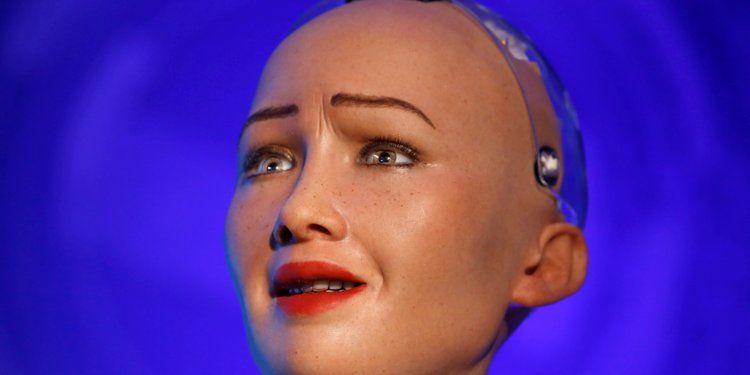Elon Musk’s Space Exploration Technologies Corp. will build its giant in-development rocket, nicknamed “BFR,” at the Port of Los Angeles.
Using supercomputer modeling, University of Oregon scientists have unveiled a new explanation for the geology underlying recent seismic imaging of magma bodies below Yellowstone National Park.
Yellowstone, a supervolcano famous for explosive eruptions, large calderas and extensive lava flows, has for years attracted the attention of scientists trying to understand the location and size of magma chambers below it. The last caldera forming eruption occurred 630,000 years ago; the last large volume of lava surfaced 70,000 years ago.
Crust below the park is heated and softened by continuous infusions of magma that rise from an anomaly called a mantle plume, similar to the source of the magma at Hawaii’s Kilauea volcano. Huge amounts of water that fuel the dramatic geysers and hot springs at Yellowstone cool the crust and prevent it from becoming too hot.
Army researchers have developed an artificial intelligence and machine learning technique that produces a visible face image from a thermal image of a person’s face captured in low-light or nighttime conditions. This development could lead to enhanced real-time biometrics and post-mission forensic analysis for covert nighttime operations.
Thermal cameras like FLIR, or Forward Looking Infrared, sensors are actively deployed on aerial and ground vehicles, in watch towers and at check points for surveillance purposes. More recently, thermal cameras are becoming available for use as body-worn cameras. The ability to perform automatic face recognition at nighttime using such thermal cameras is beneficial for informing a Soldier that an individual is someone of interest, like someone who may be on a watch list.
The motivations for this technology—developed by Drs. Benjamin S. Riggan, Nathaniel J. Short and Shuowen “Sean” Hu, from the U.S. Army Research Laboratory—are to enhance both automatic and human-matching capabilities.
Most proposals for emotion in robots involve the addition of a separate ‘emotion module’ – some sort of bolted-on affective architecture that can influence othe…r abilities such as perception and cognition. The idea would be to give the agent access to an enriched set of properties, such as the urgency of an action or the meaning of facial expressions. These properties could help to determine issues such as which visual objects should be processed first, what memories should be recollected, and which decisions will lead to better outcomes.
For more than two millennia, Western thinkers have separated emotion from cognition – emotion being the poorer sibling of the two. Cognition helps to explain the nature of space-time and sends humans to the Moon. Emotion might save the lioness in the savannah, but it also makes humans act irrationally with disconcerting frequency.
In the quest to create intelligent robots, designers tend to focus on purely rational, cognitive capacities. It’s tempting to disregard emotion entirely, or include only as much as necessary. But without emotion to help determine the personal significance of objects and actions, I doubt that true intelligence can exist – not the kind that beats human opponents at chess or the game of Go, but the sort of smarts that we humans recognise as such. Although we can refer to certain behaviours as either ‘emotional’ or ‘cognitive’, this is really a linguistic short-cut. The two can’t be teased apart.
What counts as sophisticated, intelligent behaviour in the first place? Consider a crew of robots on a mission to Mars. To act intelligently, the robots can’t just scuttle about taking pictures of the environment and collecting dirt and mineral samples. They’d need to be able to figure out how to reach a target destination, and come up with alternative tactics if the most direct path is blocked. If pressed for time, the team of robots would have to know which materials are more important and to be prioritised as part of the expedition.
Elon Musk took to Twitter Sunday night to announce a new recovery method for an upper stage SpaceX rocket. A balloon — a “giant party balloon” to quote him directly — will ferry part of a rocket to a bounce house. Seriously.
If anyone else proposed this idea they would be ignored, but Elon Musk lately has a way of turning crazy ideas into reality.
It was just in 2012 that SpaceX launched and landed its first rocket and now the company is doing it with rockets significantly larger. And then early this year SpaceX made a surprise announcement that it would attempt to use a high-speed boat and large net to catch part of rocket. And it worked after a failed first attempt.
Giant plasma “tornadoes” raging across the surface of the sun don’t actually spin like astronomers once thought, new research shows.
Massive solar tornadoes, formally known as tornado prominences, which were first observed about 100 years ago, seemed to bear a striking resemblance to tornadoes on Earth. These gigantic structures — each one several times the size of Earth — are made of hot, flowing gas and tangled magnetic field lines, ultimately driven by nuclear reactions in the solar core.
However, using a method known as the Doppler effect, scientists have precisely measured the speed of the moving plasma, as well as its direction, temperature and density, revealing that twisters on the sun do not rotate like earthbound tornadoes do, according to a statement from the European Week of Astronomy and Space Science (EWASS) conference. [Secrets of Sun Super-Tornadoes Revealed (Gallery)].









